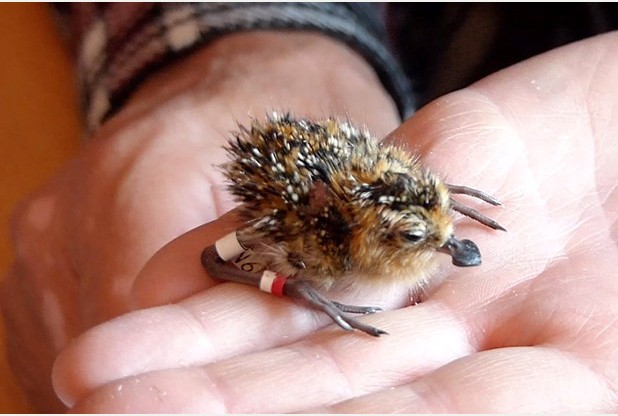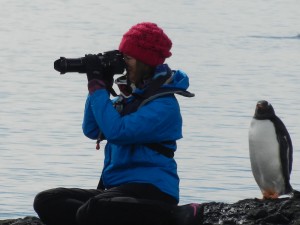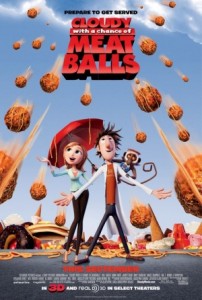Several images circulate on the internet that capture the plight of rapid Arctic climate change, a phenomenon known as Arctic amplification. This image, for me, is the most alarming:
Read More “Polar bear feast on seabird eggs is reason we can’t have nice things” »



 Until March 9, 2013, I’ll be at sea. I love that phrase. At sea. For this expedition, we’re leaving from Jamaica, returning to Antigua, and spending several days on a research program separate from ours. I have a lot of travel and a little downtime to look forward to. When I started going to sea almost a decade ago, this meant that I carried a couple books and dozens of research papers, and traded them around with the rest of the science team, the crew, and the ship’s library.
Until March 9, 2013, I’ll be at sea. I love that phrase. At sea. For this expedition, we’re leaving from Jamaica, returning to Antigua, and spending several days on a research program separate from ours. I have a lot of travel and a little downtime to look forward to. When I started going to sea almost a decade ago, this meant that I carried a couple books and dozens of research papers, and traded them around with the rest of the science team, the crew, and the ship’s library.

